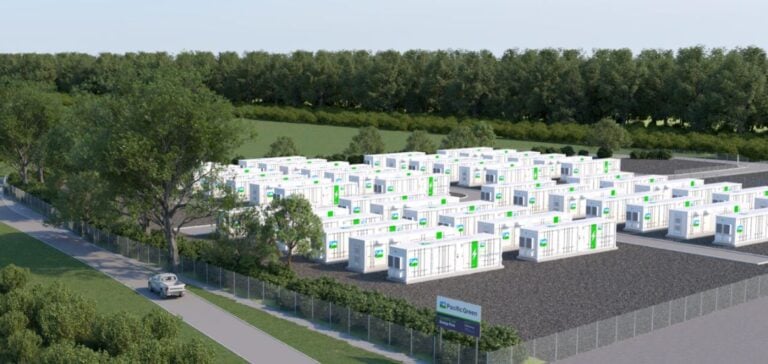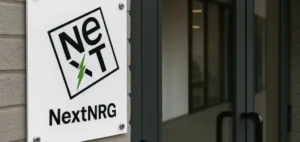California-based company Element Energy has announced the operation of the world’s largest energy storage project using repurposed electric vehicle (EV) batteries. Located in West Central Texas, the 53 MWh installation is connected to the Electric Reliability Council of Texas (ERCOT) grid. Operational since May 2024, it marks a major technological breakthrough in sustainable energy resource management.
The project relies on the reuse of 900 EV batteries, enabled by Element Energy’s cutting-edge technology. Developed with expertise from the semiconductor industry, this innovation extends the lifecycle of batteries by integrating them into large-scale energy storage systems. This approach provides immediate environmental benefits, including significant reductions in waste and carbon emissions associated with traditional recycling.
Key support from the U.S. Department of Energy
In 2022, the project received $7.9 million in funding from the U.S. Department of Energy under the Bipartisan Infrastructure Law. This funding aimed to support technologies for second-life battery applications. It enabled the commercial validation of the Texas-based facility, showcasing Element Energy’s capacity to address the growing global demand for batteries.
Dr. Tony Stratakos, CEO and Co-Founder of Element Energy, stated, “Our technology completes the circular supply chain for energy storage while enhancing battery safety. This project validates our vision on a large scale and drives us to accelerate the deployment of second-life batteries.”
Measurable environmental impact
The ecological benefits of this approach are substantial. According to Element Energy, reusing batteries prevents approximately 8,500 metric tons of post-recycling waste and 150 metric tons of carbon dioxide emissions for every 2 GWh of reconditioned batteries. The company has already received and screened nearly 2 GWh of used batteries, with plans to deploy them in grid-scale energy projects.
This project is also supported by a robust financial strategy. Earlier this year, Element Energy raised $111 million, including a $73 million Series B equity investment and a $38 million debt facility provided by Keyframe Capital Partners. These funds will bolster Element Energy’s ability to meet the growing demand for innovative and sustainable energy solutions.





















